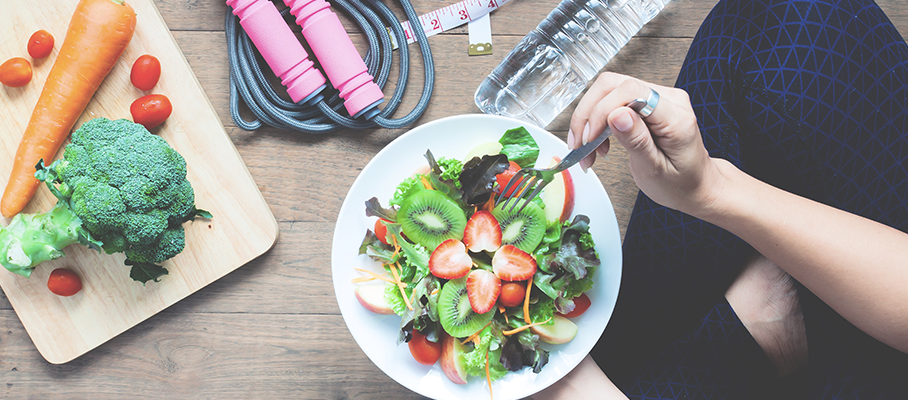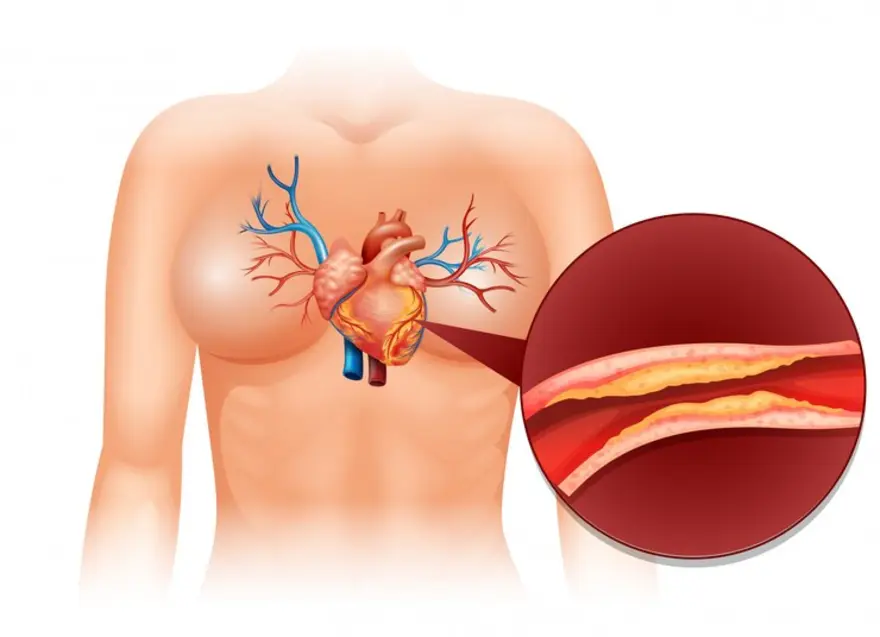Disease
15 Everyday health tips for Diabetics
2160 Views
0

1. Keep a lid on your stress levels
Stress whether physical or mental can trigger a raise in the blood sugar level. Stress hormones like cortisol play an important role in triggering this reaction as it provides sugar when the body needs the most. People who are stressed for a prolonged period of time thus have a greater risk of sugar spikes. Diabetics who are often stressed out know when their sugar levels spike up. It is important to keep a tab on stress levels and practice de-stress techniques like yoga, exercise, meditation and deep breathing.
2. Do not skip breakfast
Diabetics, especially those suffering from type 2 could wreck their sugar levels by skipping breakfast. Often people with diabetics assume that it is good to skip breakfast since you are not adding more calories. However research suggests that type 2 diabetics who skip breakfast have raised blood sugar level throughout the day. It is important to have a protein rich breakfast which gives a feeling of fullness and is also healthy.
3. Eat plenty of fruits and vegetables
The amount of carbohydrates you eat has the biggest effect on your blood glucose levels after eating. Therefore, reducing portions can help manage your glucose levels. It is also important to choose better sources of carbohydrates including wholegrains, pulses, fruits and vegetables and some dairy foods.
4. Replace pack of chips with some nuts
Go for the healthier option, always!
5. Limit aerated and sweetened drinks. Choose Green Tea instead
Aerated and sweetened drinks are loaded with empty calories and is an absolute NO for diabetics.
6. Reduce portion size
If you are overweight, reducing your overall portion sizes will also help you to lose weight. Losing excess weight has been shown to be beneficial in managing blood glucose, blood pressure and cholesterol levels.
7. Add fibre like whole grain and beans to your plate
The role of a fibre rich food in diabetics is critical. It provides a feeling of fullness in every meal, thereby reducing the calories that you intake. In addition, fibre rich foods also aids digestion.
8. Eat small but frequent meals
Eating small and frequent meals boost your metabolism levels. Diabetics need to avoid over eating for the simple reason that it leads to a spike in sugar levels.
9. No excuses… Be sure to exercise daily
Physical activity and maintaining a healthy weight cannot be stressed enough. With regular exercise and active lifestyle, your cells become more sensitive to insulin thereby increasing its efficiency. So, exercising consistently can lower blood glucose and eventually this will mean less medicines and insulin intake. In addition, regular physical activity helps in lowering blood pressure and cholesterol thereby reducing your risk for heart disease and stroke. Exercise helps you lose weight by burning calories and relives you of stress.
10. Opt for home cooked food instead of instant meals or takeaways
It is important to know what you are eating. When you pick takeaways, you have no idea whether it is fresh and if it is prepared under hygienic conditions. The choice of oil and fats is unknown. It is best to consume freshly prepared food at home.
11. Avoid processed and refined foods
Processed and refined foods are an additional burden to your cells and are detrimental for the health of diabetics.
12. Limit cakes and other bakery items
It is best to limit the intake of cakes and confectionaries. Opt for natural sweeteners like honey and jaggery and use recipes that allow you to make bakery items with natural sources.
13. Be sure to get 6-7 hours of sleep
A good night’s sleep allows your body to rest and helps keep your blood sugar in control. Lack of sleep often leads to stressful situations which in turn raises your blood sugar levels.
14. Reduce salt intake
Diabetics are at a risk of developing hypertension and heart disease. Therefore it is important that Diabetics limit their salt intake.
15. Regularly evaluate your blood sugar levels
Monitoring your diabetes is crucial to preventing some of the possible complications associated with diabetes. This involves knowing your blood glucose, blood pressure and blood fat levels, as well as the condition of your feet and getting your eyes and kidneys screened for early signs of damage.
Blood glucose targets
Blood fats (lipids)
Lipids are the cholesterol and triglycerides in your blood. Cholesterol is a type of fat found in all of us. You may be familiar with the term blood cholesterol, but what you may not know is that not all cholesterol is bad. Some of it, HDL (high density lipoprotein), can actually protect against heart disease. Low levels of this protective HDL cholesterol increase your risk of cardiovascular disease (CVD). However, LDL (low density lipoprotein) cholesterol is the bad form of cholesterol in the blood. Triglycerides are another type of fat in the blood. If you have raised cholesterol and raised triglycerides you have an increased risk of CVD.
- Your total cholesterol level should be below 4.0mmol/l.
- LDL levels should be less than 2.0mmol/l.
- HDL levels should be 1.0mmol/l or above in men and 1.2mmol/l or above in women.
- Triglyceride levels should be 1.7mmol/l or less.
Get yourself tested regularly and take control of your health today
 Home Visit
Home Visit Upload
Upload














1701259759.webp)









 WhatsApp
WhatsApp